
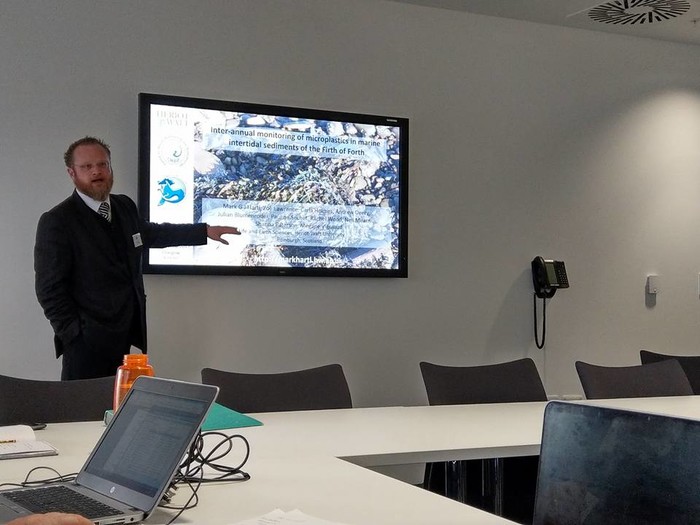
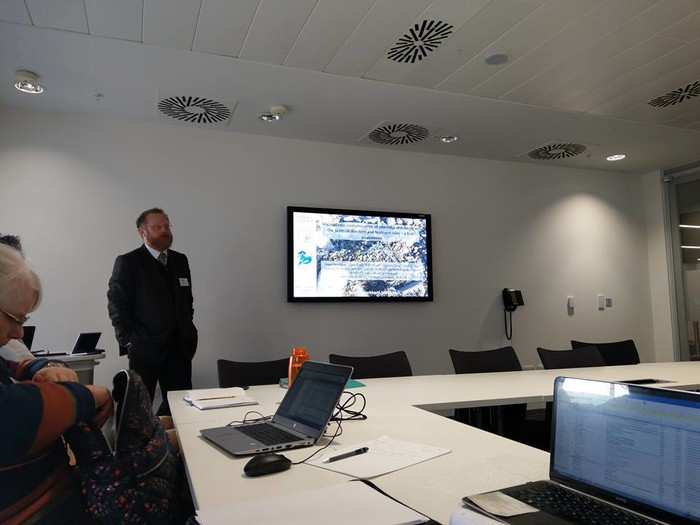
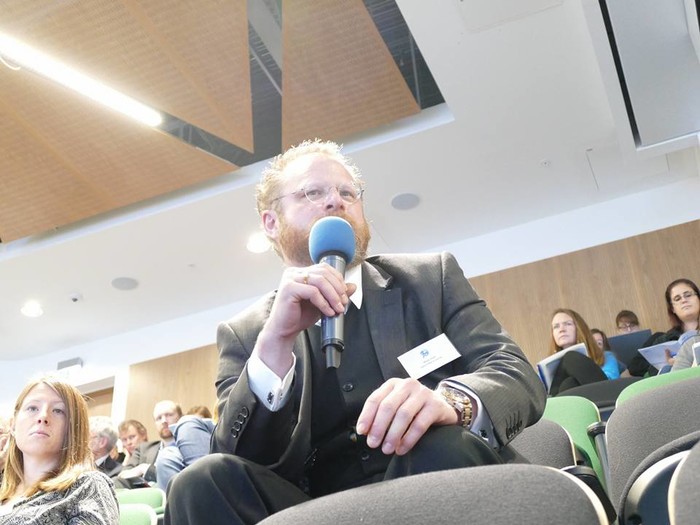
October 2017: Dr Hartl discussion MCCIP spatial topic report cards in the Marine Climate change session.
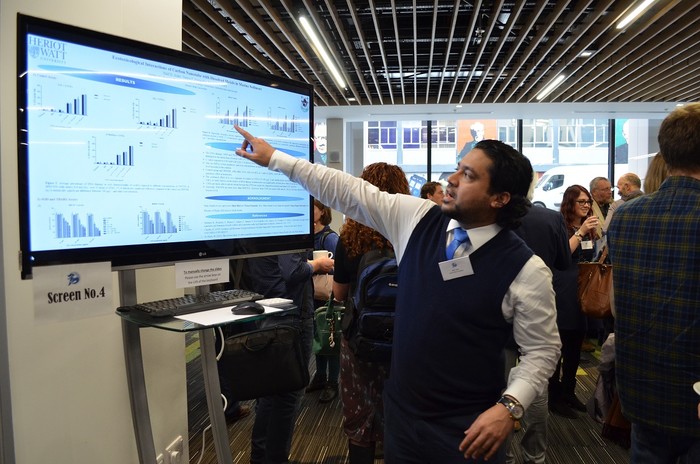
October 2017: PhD student Naif Ashri presenting his work on the ecotoxicology of carbon nanotubes.

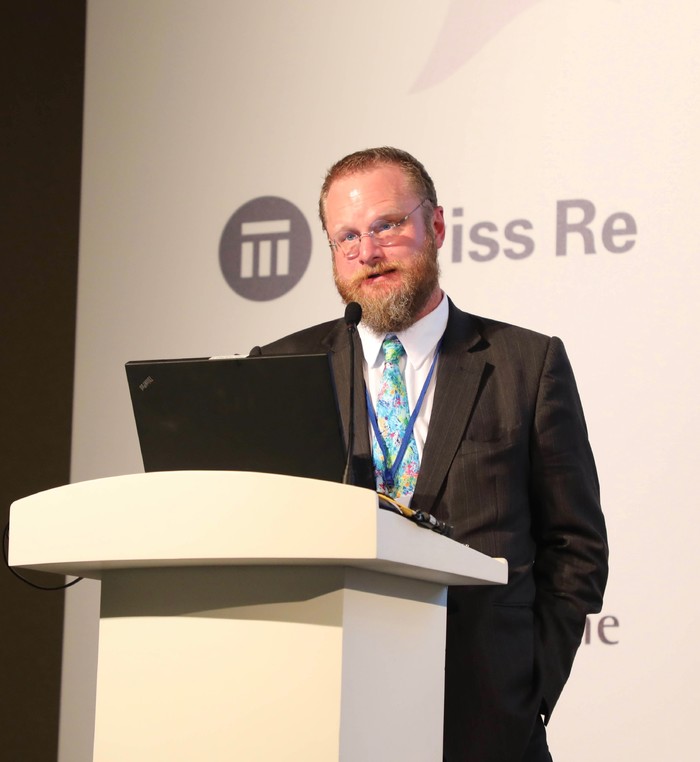
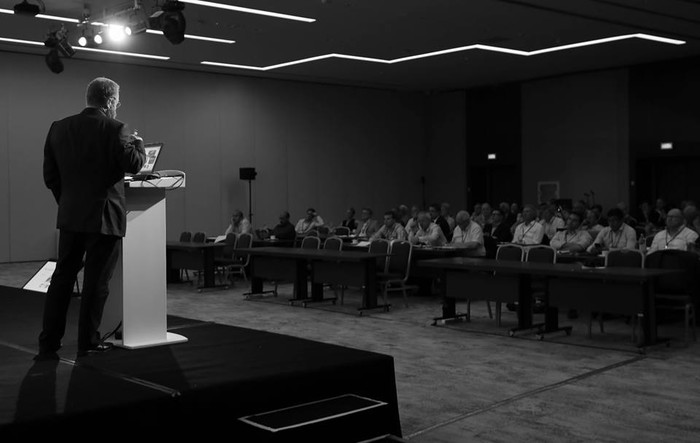
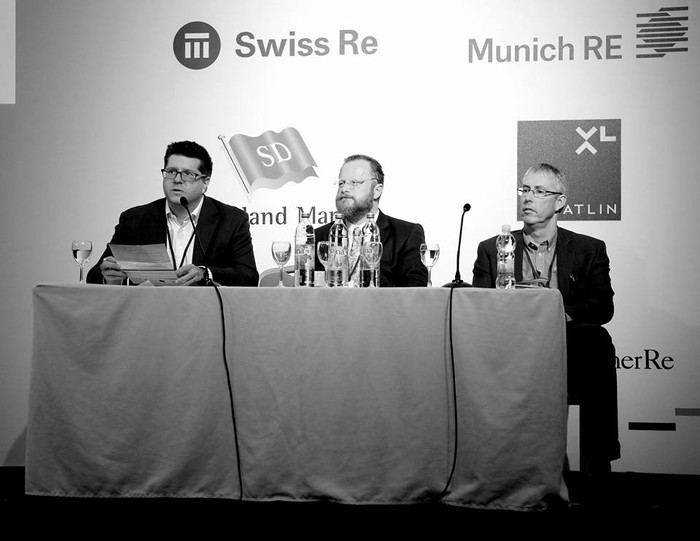
September 2017: Dr Hartl speaks about microplastics and the potential risk to the aquaculture industry. (Photo: Kathryn Usher Photography).
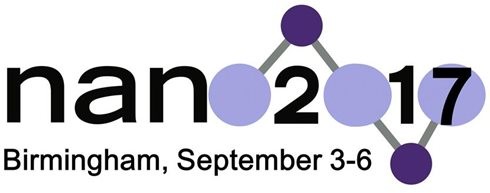
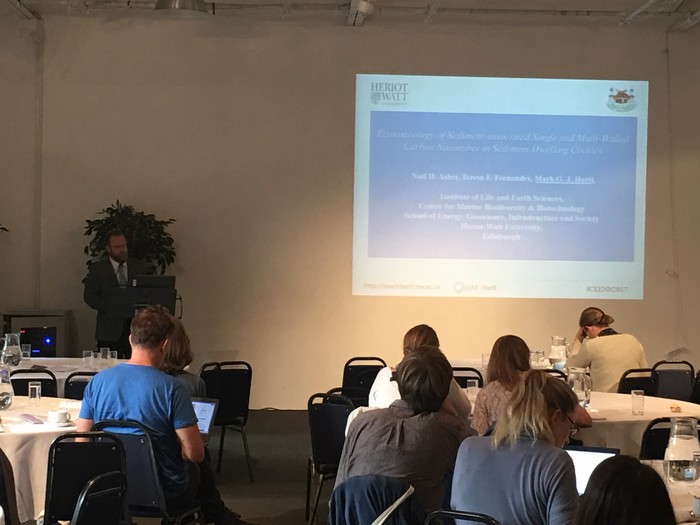
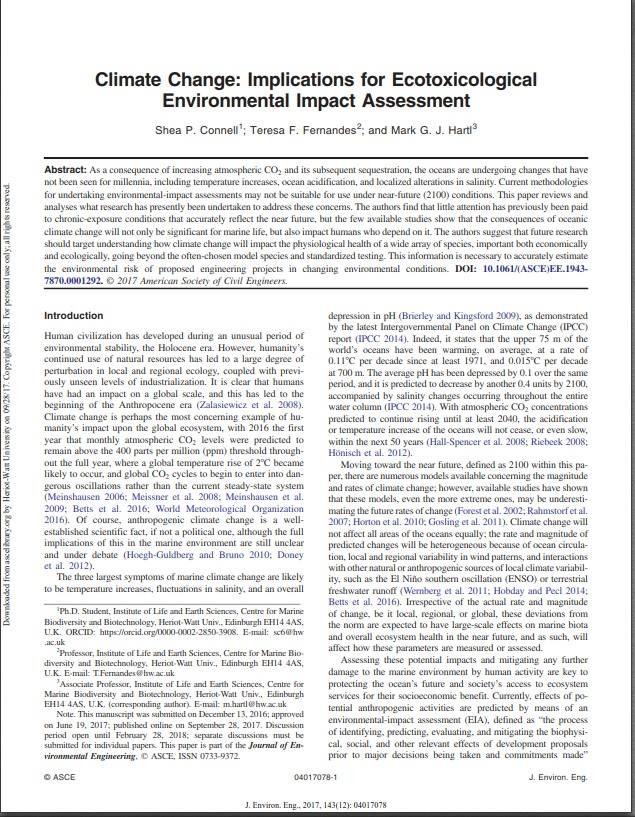
September 2017: Latest climate change and ecotoxicology paper
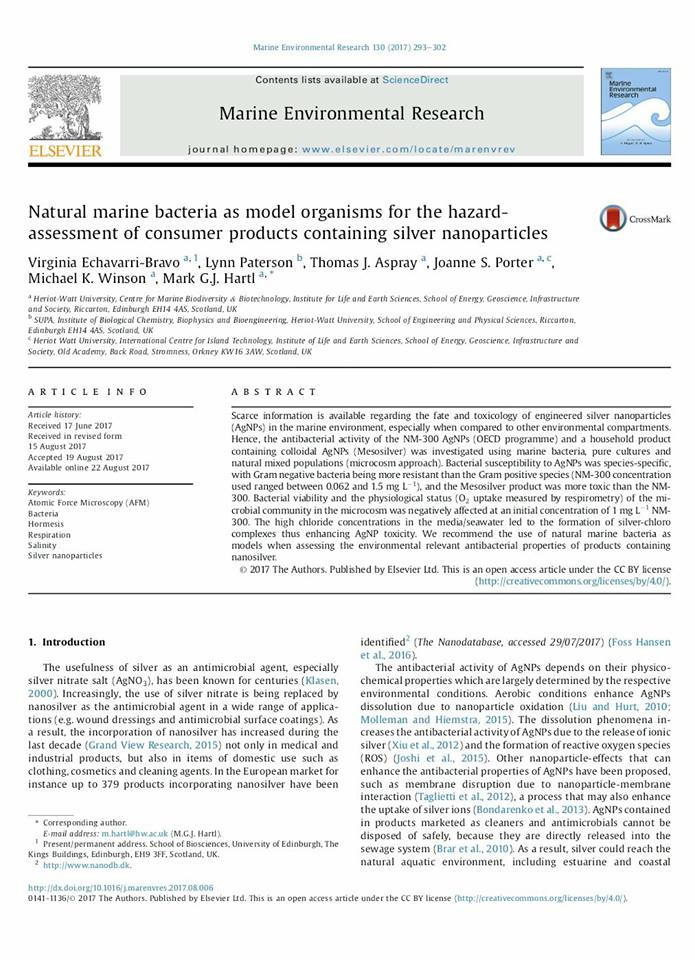
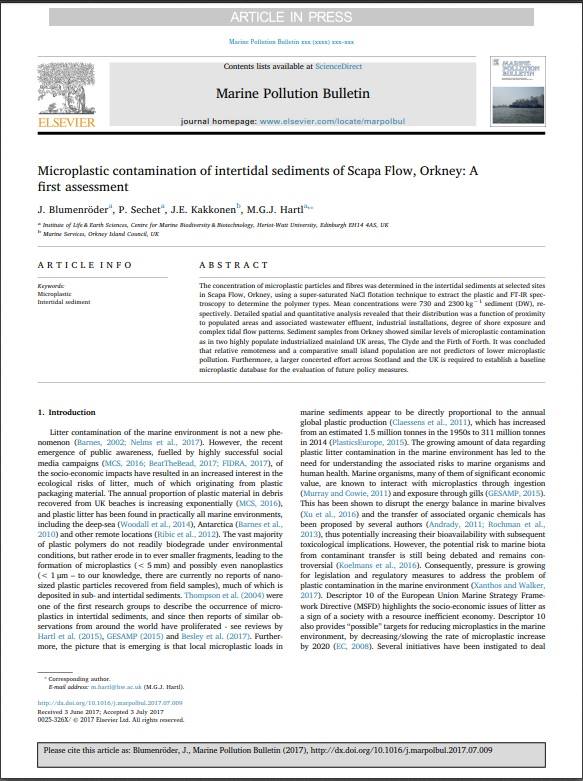
July 2017: Our latest paper describing a first assessment of the microplastic concentrations found in intertidal sediments in Orkney. We are currently extending this study to the Hebrides and Shetland Islands – watch this space.
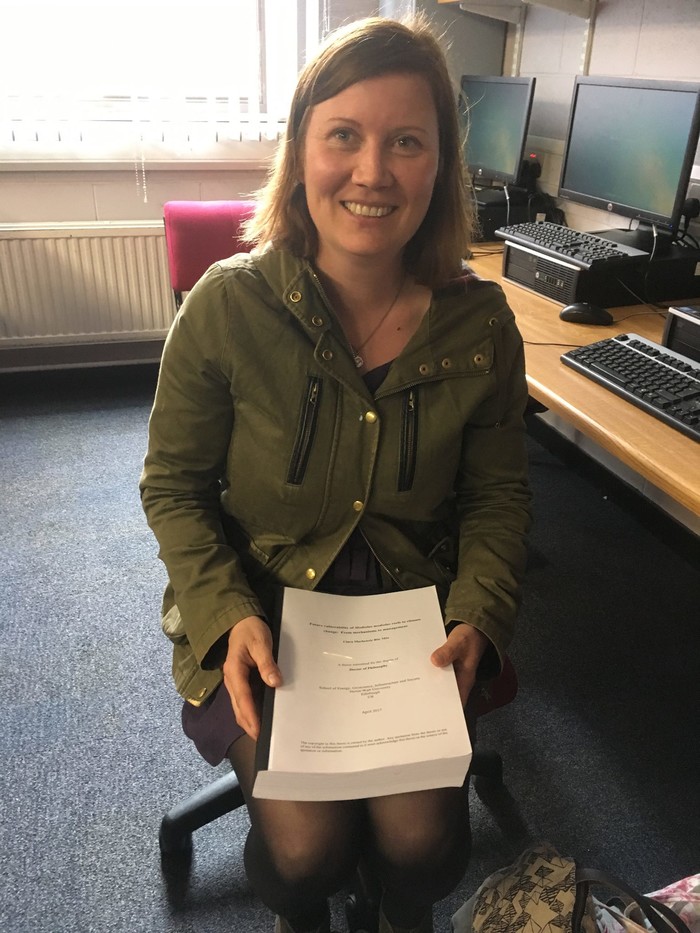
June 2017: Congratulations to Dr Clara MacKensie who has successfully defended her PhD thesis, “Future Vulnerability of Modiolus modiolus Reefs to Climate Change: From Mechanism to Management”. Many thanks to the external examiner Dr Silvana Birchenough of CEFAS.
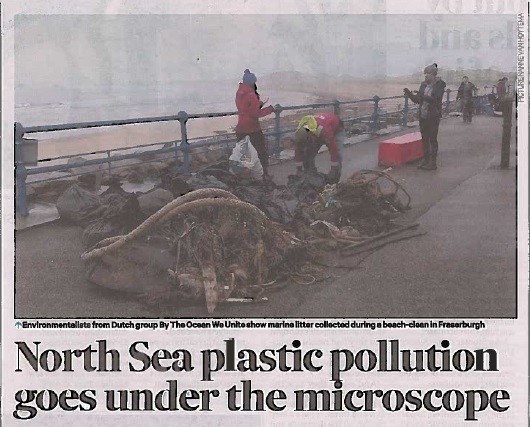
May 2017: THE SCOTTSMAN 25th May 2017 – link to article here. Dr Hartl is collaborating with By the Ocean We Unite to establish whether jelly fish provide a portal for the entry of microplatic particles into the marine food chain.
The work forms part of Ria Devereux’s MSc project. More information about our Marine, Environment and Climate Change MSc courses.
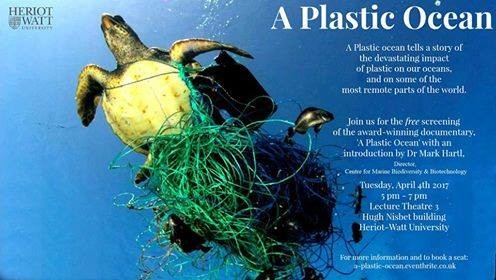
April 2017: Dr Hartl will host a free screening of “Plastic Ocean” followed by a Q&A session
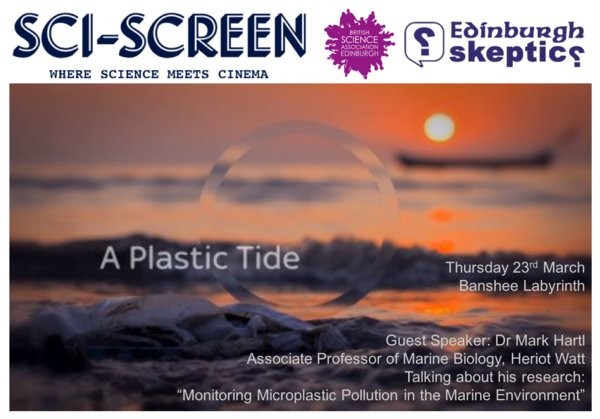
23 March 2017: Public lecture by Dr Hartl speaking about marine litter and microplastics, and introducing “A Plastic Tide” at the Edinburgh Skeptics Society film night.
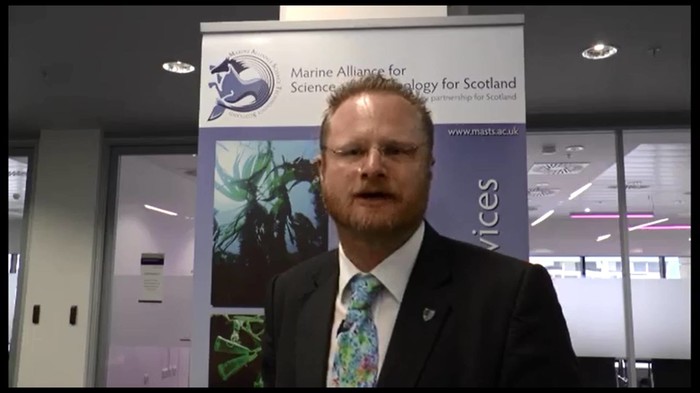
December 2016: At the MASTS ASM, Dr Hartl calls for a long-term monitoring programme for micoplastics in intertidal sediments to include relatively remote locations such as Orkney https://youtu.be/TZDACgp1EHw

December 2016: Dr Hartl giving an invited seminar at University of Newcastle and calls for a long-term monitoring programme for microplastic particles and fibres in intertidal sediments.
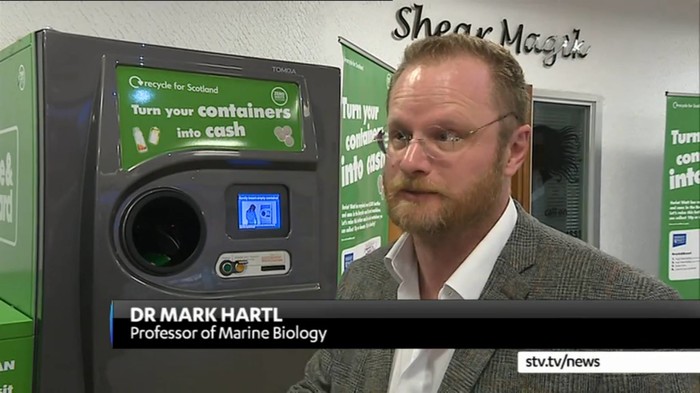
November 2016: Dr Hartl commented on a Marine Conservation Society/Greenpeace campaign lobbying the Scottish Government to introduce a deposit scheme for plastic bottles, with the aim of reducing plastic litter in the marine environment – STV News 14 November starts about 07:30 into the programme,
http://player.stv.tv/…/stv-news-edinbur…/mon-14-nov-6-00-pm/

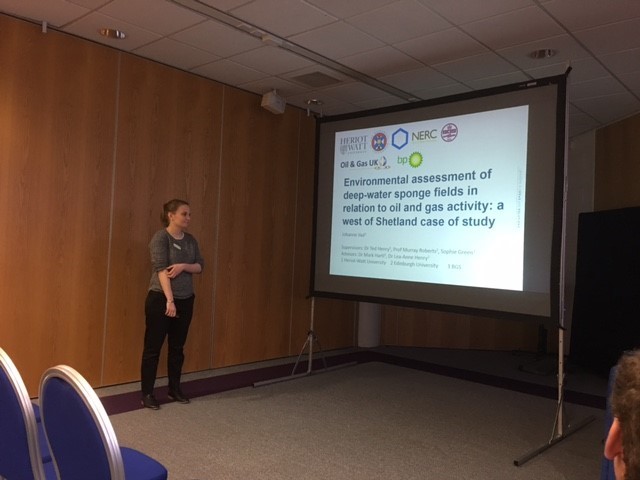
November 2016: PhD student Johanne Vad presents her research on deep-water sponges at the NERC CDT Oil and Gas Confernce, Heriot-Watt, 08 Nov, 2016

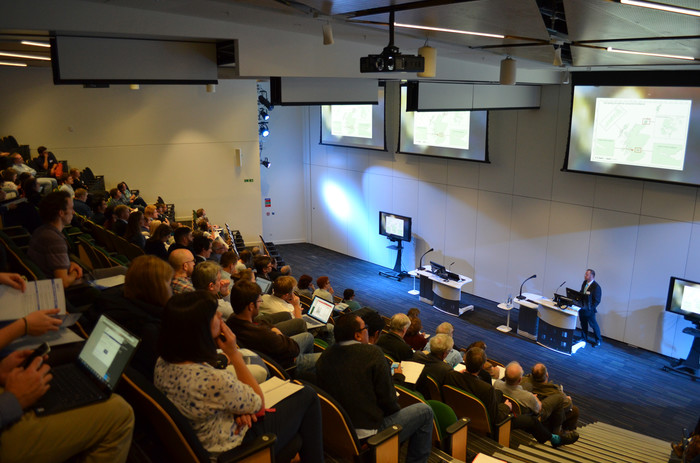
October 2016: Dr Hartl presents his group’s research on microplastic contamination of intertidal sediments in Scapa Flow, Orkney (Collaborator: Jenni Kakkonen, Orkney Island Council).
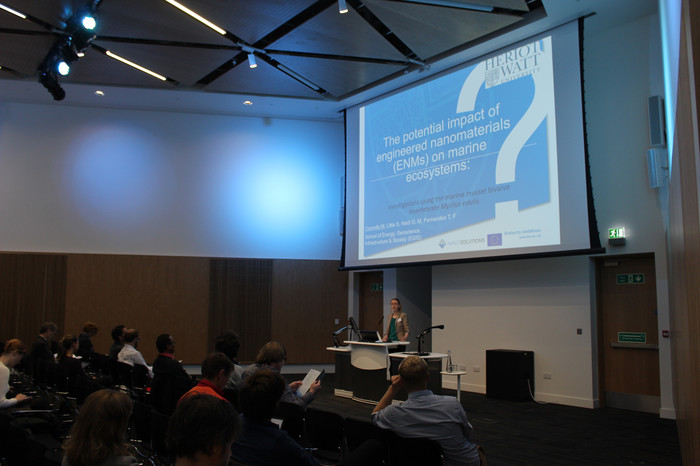
Postdoctoral Researcher Dr Mona Connolly presents her research on the risks of engineered nanomaterials to the marine environment (Supervisors: Prof Teresa Fernandes, Dr Mark Hartl).
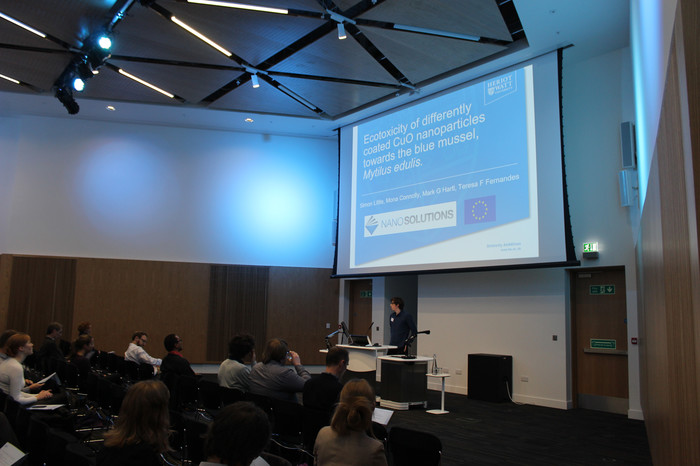
Postdoctoral Researcher, Dr Simon Little presents his research on the significance of coatings for the ecotoxicological assessment of engineered nanomaterials (Supervisors: Prof Teresa Fernandes, Dr Mark Hartl).
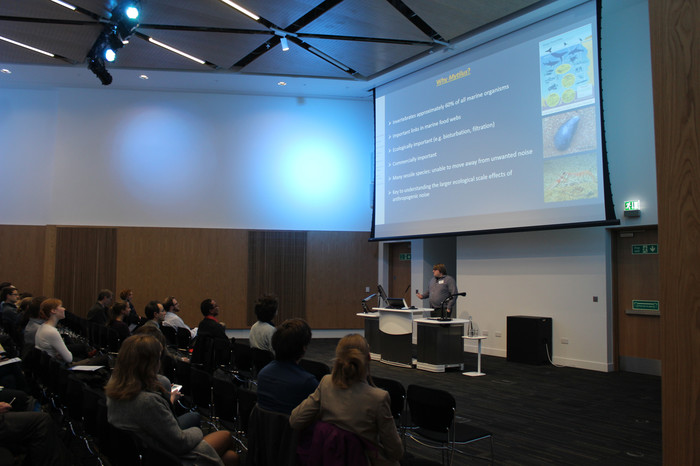
PhD student Matt Wale presents his research on the application of ecotoxicological biomakers to assess the effecs of anthropogenic noise in filter-feeding bivalves – Supervisors: Dr Karen Diele (Edinburgh Napier),
Dr Mark Hartl.
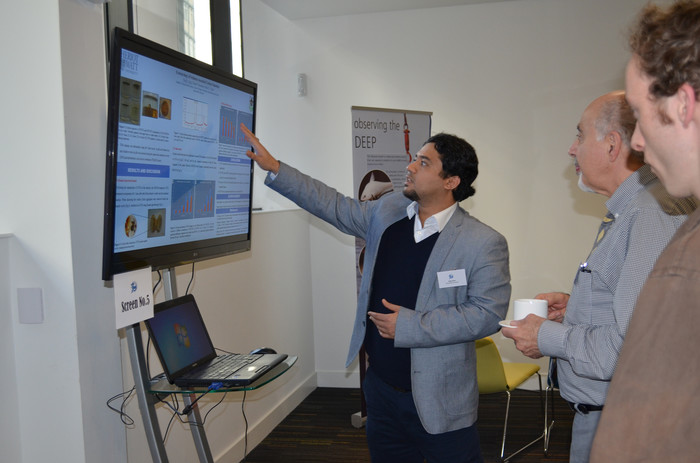
PhD student Naif Ashri presents his research on the ecotoxicology of sediment-associated carbon nanotubes in the marine environment (Supervisors: Dr Mark Hartl, Prof Teresa Fernandes).
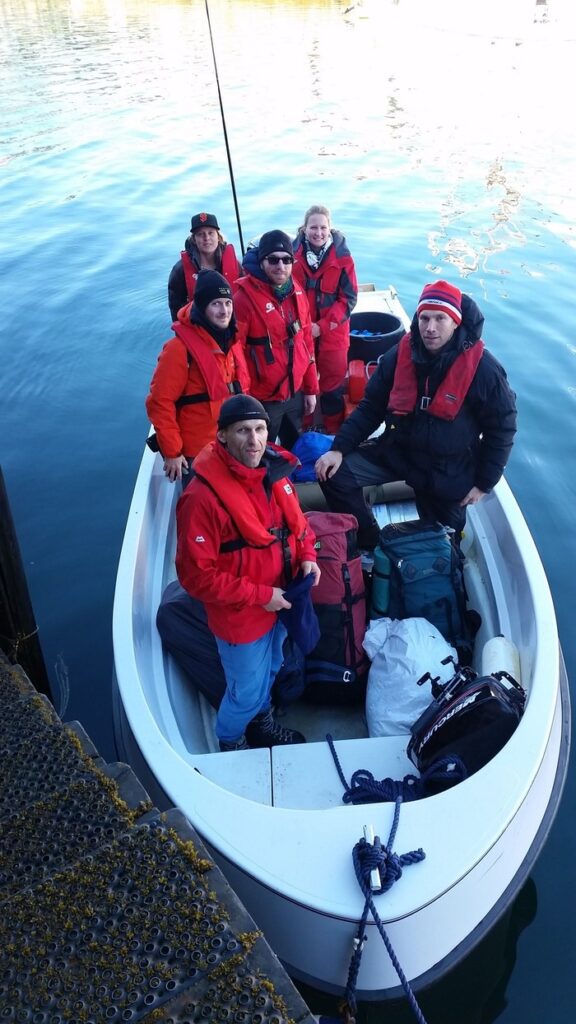
July 2016: PhD student Johanne Vad (back right) on field work in Greenland studying deepsea sponges. PhD student Johanne Vad (back, right) conducting fieldwork in Greenland, in association with the CALVE
marine project. Johanne ‘s focus was the collection of Greenland subtidal sponges during shallow water dives within kelp forests and in the vicinity of maerl beds. The aim of the work is to collect, identify and study sponge sensitivity to oil contaminated seawater, as interest of oil companies in offshore drilling in Greenland is increasing.

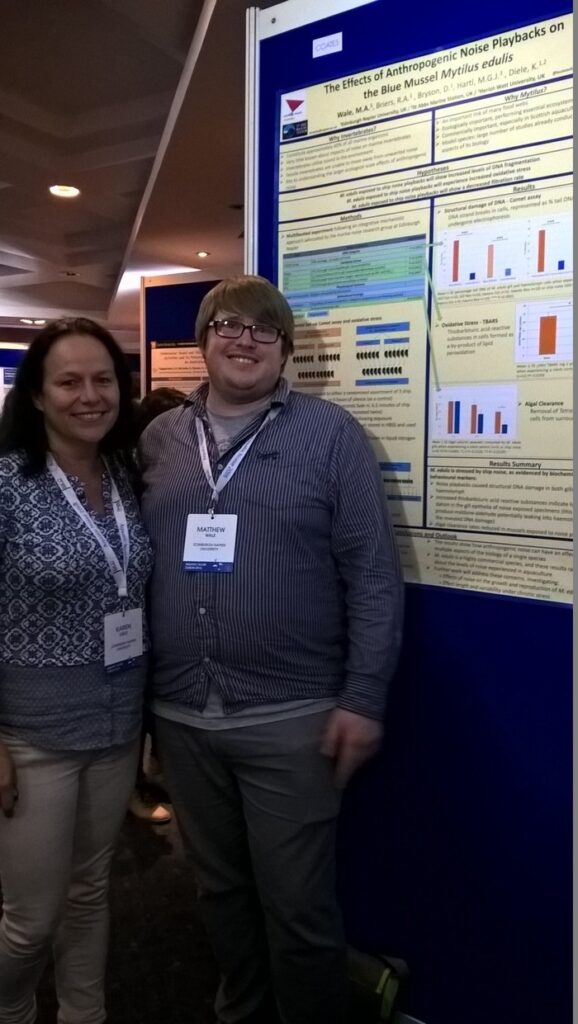
July 2016: Dr Karen Diele and PhD student Matt Wale (Edinburgh Napier) presnting our work on the effect of noise on aquatic invertebrates at the 4th Conference on the Effect of Noise on Aquatic Animals, Dublin.

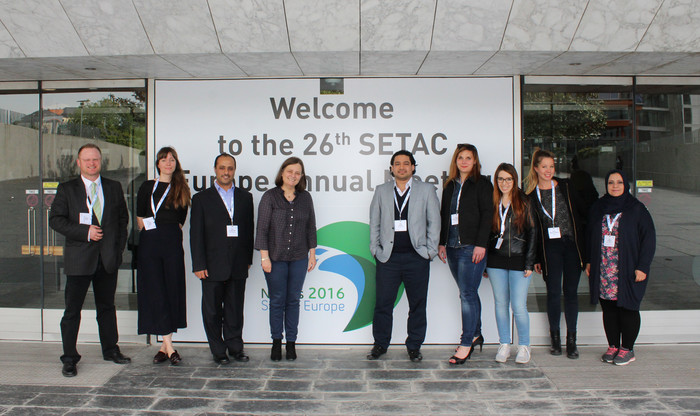
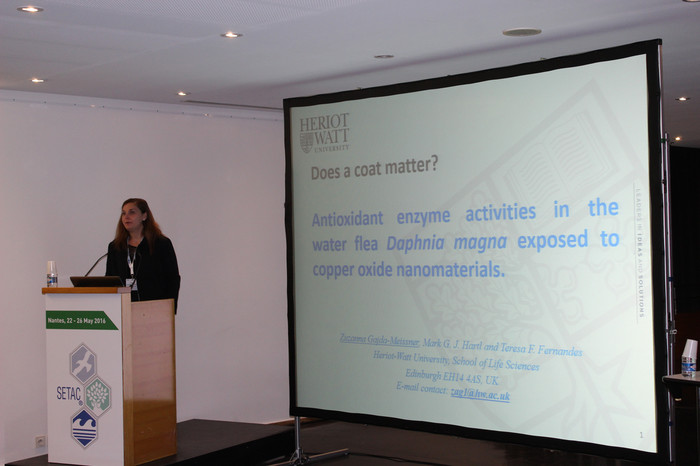
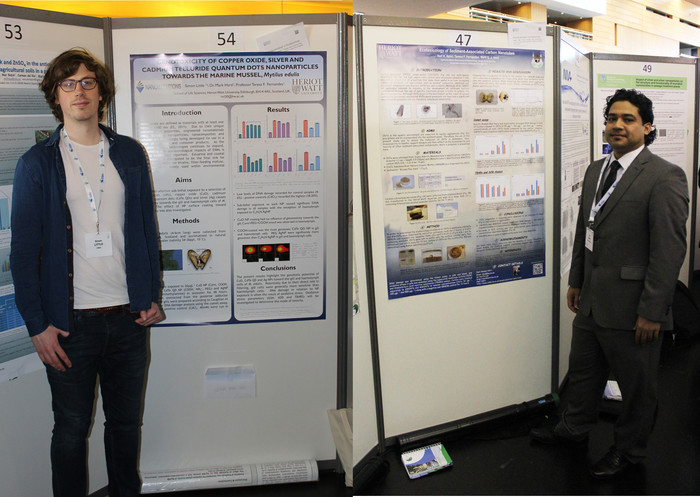
May 2016: The CMBB Ecotox group representing Heriot-Watt at SETAC Nantes (Top); PhD student Zuzanna Gadja-Meissner presenting her work on the effect of coatings on metal oxide nanoparticle toxicity (Middle).
PhD student Simon Little presenting his poster on metal oxide naoparticle ecotoxicology (Bottom-left).
PhD student Naif Ashri presenting his poster on the ecotoxicology of sediment-associated singe-walled carbon nanotubes (Bottom right). You can down-load a low-res version of his poster here.

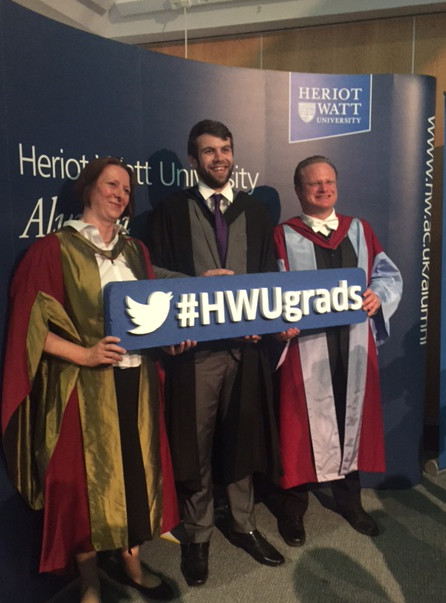
March 2016: My former Hons project student, Shea Connor, BSc (hons) has been promoted to Research Assistant at The University of Edinburgh.
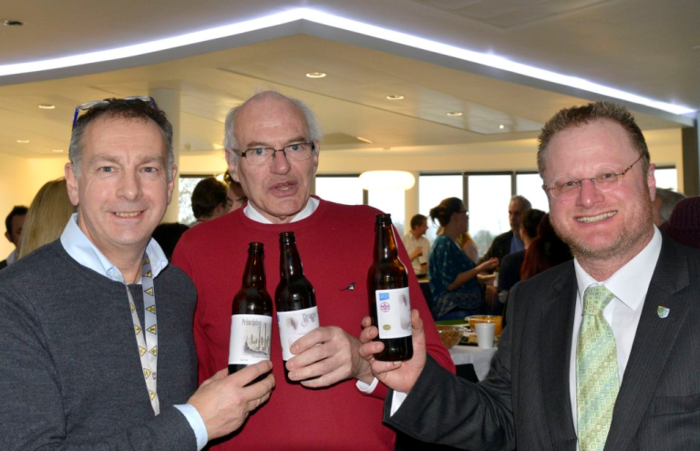
March 2016: Dr Mark Hartl and Professor John Underhill (left) welcoming Bob Gatliff from BGS to the Lyell Centre on Heriot-Watt’s Edinburgh Campus, and discussing collaborative MSc projects. Links to Lyell Centre and the Marine, Environment and Climate Change websites.
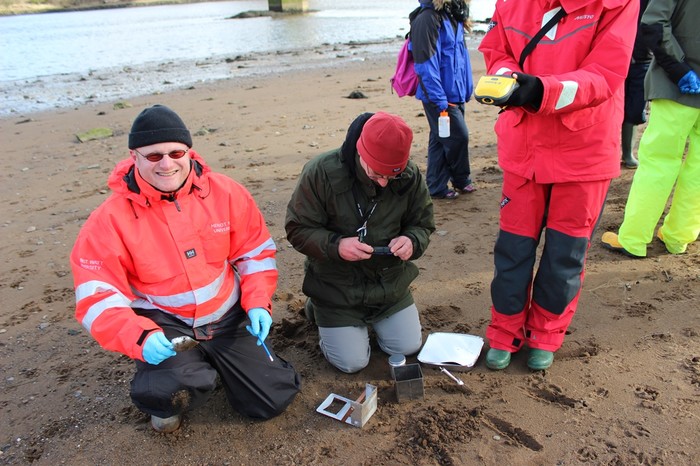
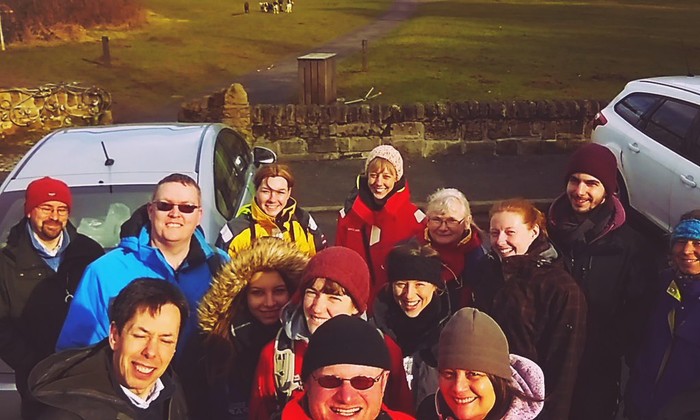
March 2016: The Scottish Microplastics Research Group out on a MASTS Stressors Forum-sponsired workshop to develop a standardized sampling and extraction technique for microplastic particles and fibres from intertidal sediments. The workshop was kindly co-organized by Dr Clemens Engerlke (SEPA) and Dr Brian Quinn (UWS) and hosted at UWS in Paisley.

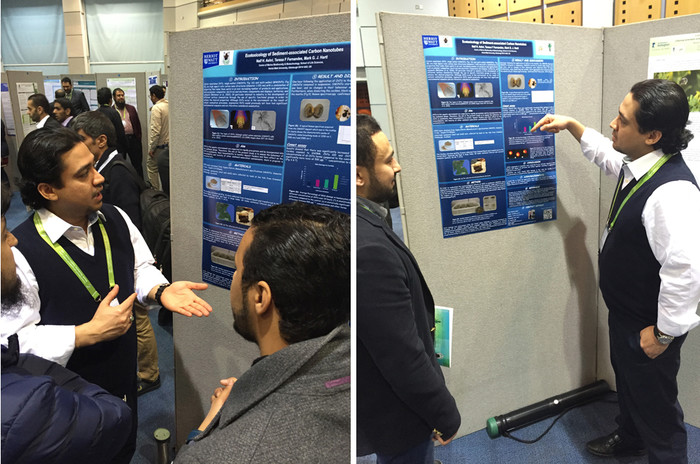
February 2016: PhD student Naif Ashri encountered much interest in our work on the ecotoxicology of sediment-associated carbon nanotubes at the 9th Saudi Student Conference
